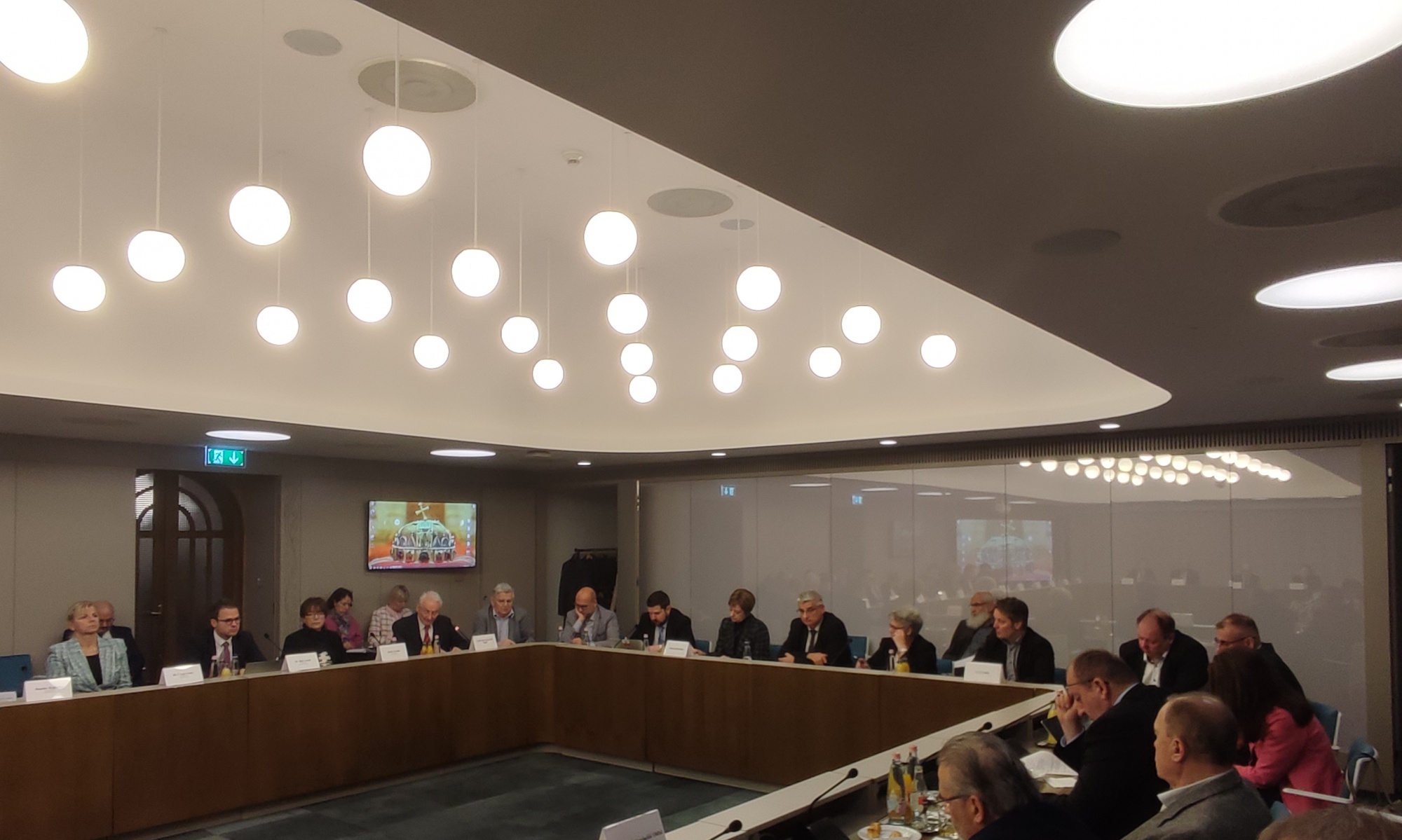THE NATIONAL ECONOMIC AND SOCIAL COUNCIL OF HUNGARYLegal basis of establishment The Government of Hungary adopted The Declaration of National Cooperation in 2010 as part of The Program of National Cooperation in order to acknowledge the inception of a new social contract. In order to enforce the new social contract the Government of Hungary established the System of National Cooperation which is open to all Hungarians. The Government of Hungary offers cooperation to every member of society, to NGOs and advocacy organizations, and to economic players to find solutions to issues of national interest. The Parliament adopted the ACT XCIII of 2011 on the National Economic and Social Council in recognition of the role of economic and social dialogue, in order to discuss strategies of national economy and social policy and to promote a consensus among various interest groups of society. On 11 October 2011, the National Economic and Social Council of Hungary’s (abbreviated NESC in English, and NGTT in Hungarian) inaugural session was held in the House of Parliament, attended by Prime Minister Viktor Orbán and a number of government representatives. Membership The NESC is a consultative, proposal-making and advisory body independent from Parliament and the Government. The NESC has 32 members, representing the Hungarian civil society, creating the following sides: 1. Side of Representatives of Economy: advocacy groups and organizations of employers, national business chambers The rotating President of the Council is elected from the representatives of the sides. The rotating Presidency is based on the rotation of the sides. The sides providing the rotating President take turns every three months. The side holding the rotating Presidency nominates a rotating President from among its own members. The mandate of NESC members is valid for four years. The Ministers or executive officers appointed by them shall attend the Council’s plenary sessions as permanent guests with a consultative right. The President or Vice President of the Hungarian Competition Authority and the Central Statistical Office shall attend the Council’s plenary sessions as guests with a consultative right. |


NGTT
Nemzeti Gazdasági és Társadalmi Tanács